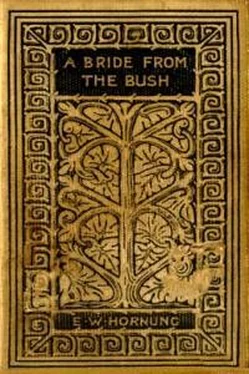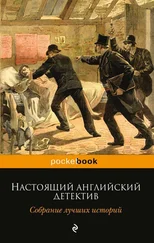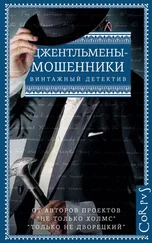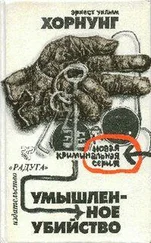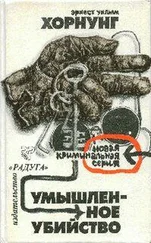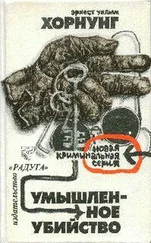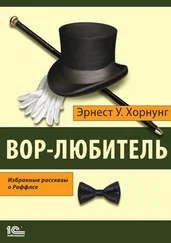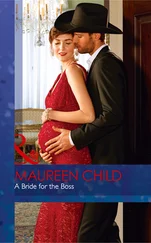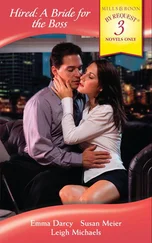"These squatters I presume, represent the landed interest; my party, in fact?"
"Oh, I don't know nothing about that," replied the Bride.
At this juncture Alfred announced, in an uncommonly loud and aggressive tone, that—what do you think?—the glass was going down!
"Is it?" cried Sir James, with a lively concern quite foreign to his habit. "Dear, dear! And Mr. Travers just now assured me that the weather was quite settled. I fear that this will disappoint—er—Mr. Travers!"
But it failed even to attract that gentleman's attention; and Granville, in the background, chuckled satanically over the ingenuousness of the device. Mr. Travers, in fact, was sufficiently interested elsewhere. "Yet, of course," he was saying, "there are two parties?"
" My word, there are!" returned the Bride.
"And do you call them Whig and Tory?"
"I don't think it"—doubtfully.
"Conservative and Liberal, perhaps?"
"Not that I know of."
"Yet you say you have two parties—"
"Of course we have, same as you," broke in the Bride, who would brook anything rather than the implied inferiority of Australia in the most trivial respect. "But all ever I heard 'em called was the squatter's candidate and the selectors' man !"
"And your men, I suppose, voted for the squatters' candidate?"
"I should rather hope so!" said Mrs. Alfred, with severe emphasis. "Even Daft Larry—who's both deaf and mad—had sense enough to give us his vote!"
Mr. Travers, though astonished at her tone, said nothing at the moment; but Granville asked from his corner:—
"What if they didn't, Gladys?"
The Bride was seized with a sudden fit of uncontrollable mirth. Some reminiscence evidently tickled her.
"There was one man that we knew of that voted wrong," she said, "and he got it pretty hot, I can tell you!"
"Advanced Australia!" murmured Granville.
"I am sorry to hear that, Mrs. Bligh," said Mr. Travers (who had ceased to deal with those local tradesmen, at his place in the Midlands, who were suspected of having "voted wrong" the previous week). "I am sorry indeed to hear that. May I ask who punished him?"
"Certainly— I did."
It was a startling reply. The Judge quietly quitted the room. Alfred, with his back to every one, surveyed his red face in the mantel–mirror, and ground his teeth; only Lady Bligh sat stoically still.
"He came back to the trap very drunk—blind, speechless, paralytic," the Bride explained rapidly, "and owned up what he'd done as bold as brass. So I let him have it with the whip, pretty sudden, I can tell you. It was chiefly for his drunken insolence—but not altogether," said Gladys, candidly.
Mr. Travers had been glad to pick up a thing or two concerning Australian politics, but he seemed now to consider himself sufficiently enlightened.
"Do you sing, Mrs. Bligh?" he asked somewhat abruptly.
"Not a note," said the Bride, perceiving with regret that the subject was changed.
"You play, perhaps? If so—"
"No, I can't play neither," said the Bride, smiling broadly—and bewitchingly. "I'm no good at all, you see!"
It seemed too true. She had not the saving grace of a single accomplishment—nothing, nothing, nothing but her looks!
Chapter 7
In Richmond Park
The day after Mr. Travers dined at Twickenham was almost the first day that passed without the happy pair running up to London together.
"It's far too hot to think of town, or of wearing anything but flannels all day," said Alfred in the morning. "But there's plenty to see hereabouts, Gladdie. There's Bushey Park and Hampton Court, and Kew Gardens, and Richmond Park. What do you say to a stroll in Richmond Park? It's as near as anything, and we shall certainly get most air there."
Gladys answered promptly that she was "on" (they were alone); and they set out while the early haze of a sweltering day was hanging closely over all the land, but closest of all about the river.
There was something almost touching in the air of serious responsibility with which these two went about their daily sight–seeing; though Granville derived the liveliest entertainment from the spectacle. The worst of guides himself, and in many respects the least well–informed of men, Alfred nevertheless had no notion of calling in the aid of a better qualified cicerone, and of falling into the rear himself to listen and learn with his wife. At the same time, the fierce importance, to his wife, of this kind of education exaggerated itself in his mind; so he secretly armed himself with "Baedeker," and managed to keep a lesson ahead of his pupil, on principles well known to all who have ever dabbled in the noble art of "tutoring." But, indeed, Alfred's whole conduct towards his wife was touching—touching in its perpetual tenderness, touching in its unflagging consideration, and ten times touching in the fact that his devotion was no longer blind. His eyes had been slowly and painfully opened during this first week at home. Peculiar manners, which, out there in the Bush, had not been peculiar, seemed worse than that here in England. They had to bear continual comparison with the soft speech and gentle ways of Lady Bligh, and the contrast was sharp and cruel. But the more Alfred realised his wife's defects the more he loved her. That was the nature of his simple heart and its simple love. At least she should not know that he saw her in a different light, and at first he would have cut his tongue out rather than tell her plainly of her peculiarities. Presently she would see them for herself, and then, in her own good time, she would rub down of her own accord the sharper angles; and then she would take Lady Bligh for her model, instinctively, without being told to do so: and so all would be well. Arguing thus, Alfred had not allowed her to say a word to him about that escapade with the stock–whip on the first morning, for her penitence was grievous to him—and was it a thing in the least likely to happen twice? Nevertheless, he was thoroughly miserable in a week—that electioneering conversation was the finisher—and at last he had determined to speak. Thus the walk to Richmond was strangely silent, for all the time he was casting about for some way of expressing what was in his mind, without either wounding her feelings or letting her see that his own were sore.
Now they walked to Richmond by the river, and then over the bridge, but, before they climbed the hill to the park gates, a solemn ceremony, insisted upon by Alfred, was duly observed: the Bride ate a "Maid–of–Honour" in the Original Shop; and when the famous delicacy had been despatched and criticised, and Alfred had given a wild and stumbling account of its historic origin, his wife led the way back into the sunshine in such high spirits that his own dejection deepened sensibly as the burden of his unuttered remonstrances increased. At last, in despair, he resolved to hold his tongue, for that morning at least. Then, indeed, they chatted cheerfully together for the first time during the walk, and he was partly with her in her abuse of the narrow streets and pavements of Richmond, but still stuck up for them on the plea that they were quaint and thoroughly English; whereat she laughed him to scorn; and so they reached the park.
But no sooner was the soft cool grass under their dusty feet, and the upland swelling before them as far as the eye could travel, than the Bride became suddenly and unaccountably silent. Alfred stole curious glances as he walked at her side, and it seemed to him that the dark eyes roving so eagerly over the landscape were grown wistful and sad.
"How like it is to the old place!" she exclaimed at last.
"You don't mean your father's run, Gladdie?"
Читать дальше
